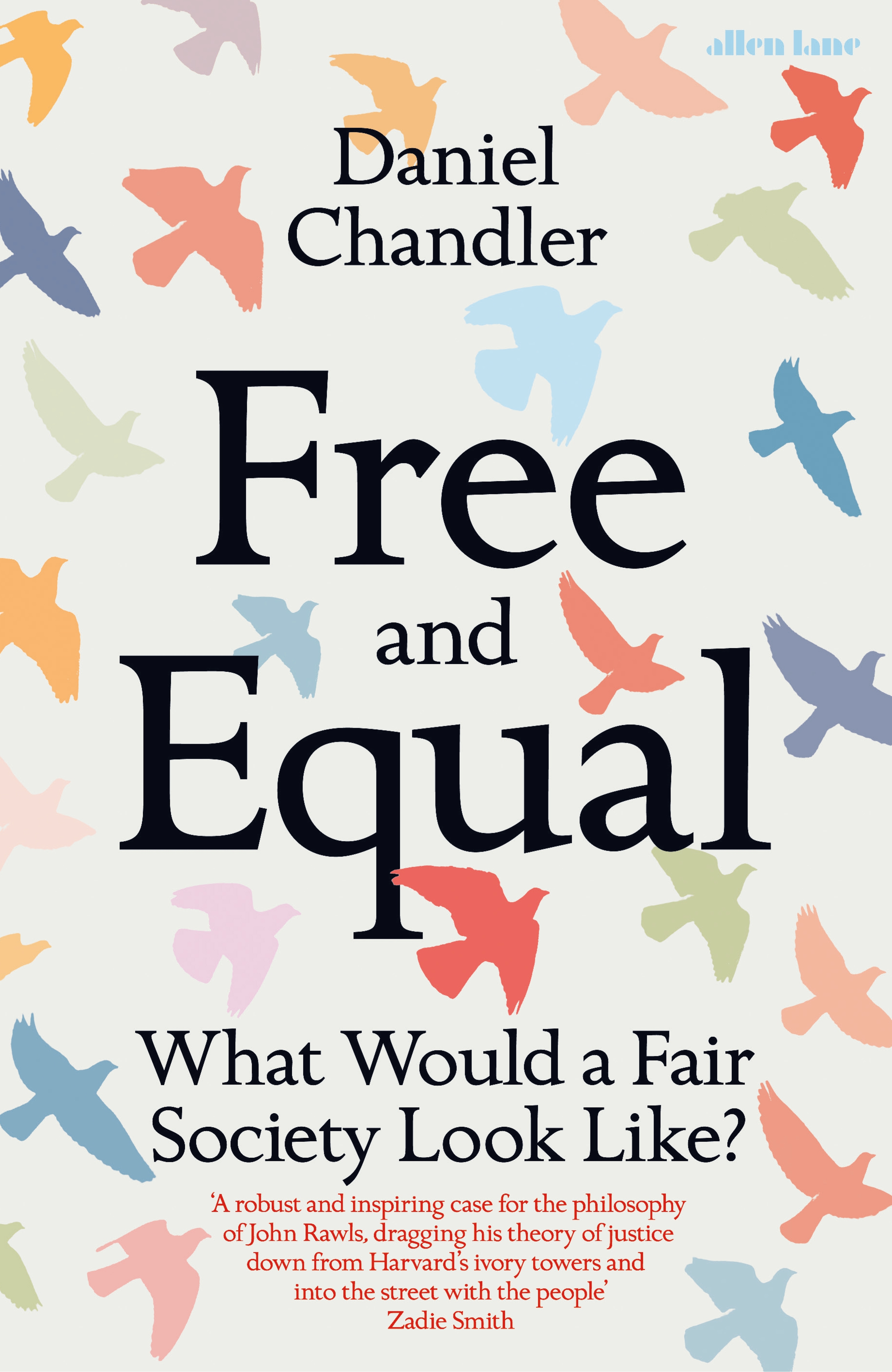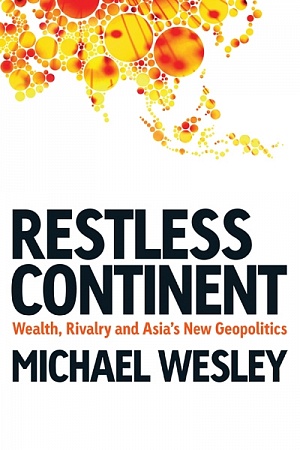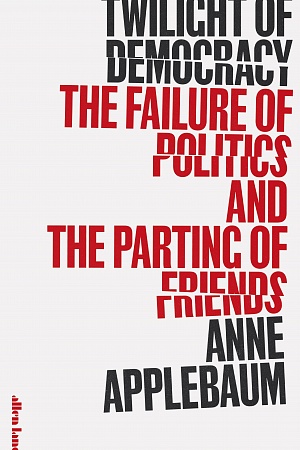Free and Equal: What would a fair society look like?
Allen Lane, $55 hb, 416 pp
Waiting for the new
Only rarely does a book of political philosophy inspire a media commotion. Well, at least a small stir – glowing reviews in leading British newspapers, BBC interviews, a speech at the Royal Academy of Arts, praise from the archbishop of Canterbury. Daniel Chandler, LSE economist and philosopher, is the thinker of the moment.
Chandler’s achievement is to take the work of American liberal philosopher John Rawls (1921–2002) and apply the lessons to contemporary British politics. Chandler’s Free and Equal offers a manifesto for change shaped by the ideal of a fair society. Clearly expressed and strongly argued, the book opens with an exposition of political ideas stretching back to the 1970s and closes just a few chapters later with policy proposals for a universal basic income, an end to private schools, and higher taxes to support a more equal society.
In 1971, Rawls published A Theory of Justice, his ambitious project to put fairness, equality, and individual rights at the centre of democratic politics. The Rawls ‘original position’ began with a simple thought experiment inviting readers to imagine a society in which they must choose the rules of political and economic life while ignorant of their own gender, abilities, or place in that society. The resulting social contract, Rawls argued, would require institutions to ensure that opportunities are shared equally, with support for those who miss out. Talents are not distributed equally, nor are markets fair. Policy should encourage those who prosper to help those who do not.
Continue reading for only $10 per month. Subscribe and gain full access to Australian Book Review. Already a subscriber? Sign in. If you need assistance, feel free to contact us.












Leave a comment
If you are an ABR subscriber, you will need to sign in to post a comment.
If you have forgotten your sign in details, or if you receive an error message when trying to submit your comment, please email your comment (and the name of the article to which it relates) to ABR Comments. We will review your comment and, subject to approval, we will post it under your name.
Please note that all comments must be approved by ABR and comply with our Terms & Conditions.